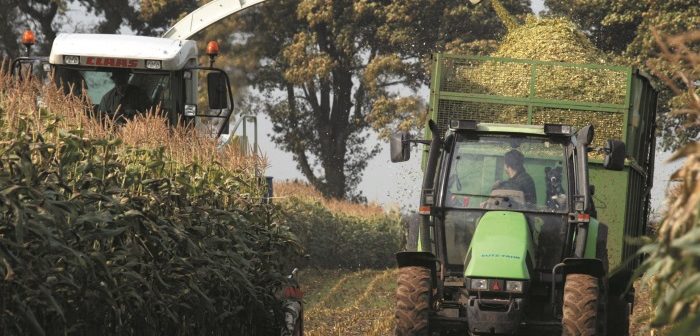At a time of increased political, environmental and market uncertainty, this focused two-day event returns for its 10th anniversary to debate the very latest issues impacting the global biofuels industry. The conference will provide a meaningful debate over the policies and strategies impacting the biofuels industry. It will provide a comprehensive overview of the European and global biofuels and feedstock markets, particularly in relation to discussing strategies to sustain growth pre and post 2020.
Biofuels International Conference & Expo 2017, which takes place from 4 to 5 October in Edinburgh, Scotland, boasts more than 30 talks on everything from overcoming today’s challenges, to what the biofuels future holds and more. For the first time, Biofuels International 2017 will be held in partnership with Bioenergy Insight Conference & Expo.
Keynote speaker highlights include Rob Wakely, head of Low Carbon Fuels Division, Energy Technology and International Directorate at the UK’s Department for Transport (DfT), who will discuss the UK’s advanced biofuels strategy through to 2030 on Day One. Andrew Murfin, general manager for Advanced Biofuels at Shell, will speak about investing in advanced biofuels on Day One.
US-based Patrick Gruber, CEO of Gevo, will give a talk on replacing fossil-based hydrocarbons on Day One and Alfredo Langesfeld, managing director of GEA Biodiesel, will give an update on anti-dumping regulations for Argentinean biodiesel and its impact on the EU’s biofuels market.
Meanwhile, Tim Worledge, editorial director at Platts Agriculture, S&P Global Platts, will address delegates on Day Two and give an analysis of the European biofuels market, which will include pricing and trading.
Day Two will also play host to Robin Vercruse, VP of Policy and Environment at the Fuel Freedom Foundation. She will give a policy outlook for biofuels in the US.
Speaking about the market, Vercruse said: “As appetites for financial support wane or funds simply dry up, and as fossil fuel prices remain low due to new supplies and/or lower demand, price competitiveness pressure will increase. The US corn industry has dramatically increased efficiency and lowered costs, but progress must continue. Advanced biofuels will probably need a major breakthrough to compete on a playing field absent of large-scale new GHG reduction policies such as cap and trade or carbon taxes.”




